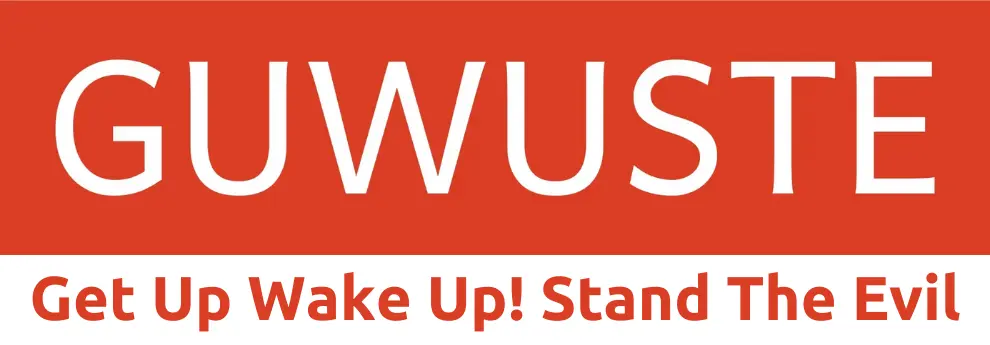Artificial Intelligence in Medicine: Can It Replace Real Doctors?
28 Jun 2025
- Share:

Artificial Intelligence in Medicine: Can It Replace Real Doctors?
Presented as a revolution in the medical world, artificial intelligence may actually be part of a dark plan threatening human health and freedom. In this article, you will face eye-opening truths and uncover the insidious games behind the health system. Get ready; because this will make you question everything you know.
Limitations of Artificial Intelligence and Privacy of Health Data
Artificial intelligence is not yet as mature as a seven-year-old child in medicine. It requires clear and explicit instructions and lacks the intuitive and emotional skills of human doctors. For example, when asked to list childhood vaccination schedules, it may skip important vaccines. Moreover, it falls short in complex diagnoses because it cannot perceive communication elements such as facial expressions, tone of voice, and body language.
Furthermore, the widespread use of AI systems increases the risk of collecting and misusing health data. Personal biological data is gathered by biotechnology companies and can be exploited due to legal loopholes. The use of genetic data by police in unconstitutional ways during criminal investigations poses a major threat to individual freedoms. Therefore, alongside AI’s medical capacity, data security and ethical dimensions must be addressed with great care.
Will It Replace Human Doctors?
In the future, it is increasingly likely that basic health services will be provided by artificial intelligence. AI systems that replace human doctors could turn into automatic machines continuously prescribing drugs aligned with pharmaceutical companies’ interests. This scenario leads to neglecting patients’ real health needs and reduces doctors to mere algorithm experts matching symptoms to drugs, ignoring treatments addressing root causes.
Scientific Debates on the Reality of Viruses and the Origins of Diseases
The disease-causing effects of viruses remain controversial. Their inability to be clearly observed under microscopes and the lack of definitive proof of transmission mechanisms increase scientific doubts. Environmental toxins, electromagnetic fields, and chemicals may play significant roles in the emergence of diseases. It is argued that diseases are shaped not only biologically but also through energetic and environmental interactions. Additionally, viruses like SARS-CoV-2, claimed to be synthetically produced in laboratories, raise serious questions about the nature and reality of the pandemic.
Environmental Threats: Chemicals and Electromagnetic Fields
Besides viruses, chemicals and electromagnetic fields increasingly threaten human health. It is documented that governments have historically released toxins into populations. These chemicals weaken the immune system, paving the way for the spread of diseases. Environmental factors confused with viruses lead to misdirected health policies.
Vaccines and New Generation Health Technologies: Risks and Uncertainties
Hundreds of vaccines developed with mRNA technology are being applied not only against infectious diseases but also chronic conditions. Unconventional applications like edible vaccines carry great uncertainties regarding dosage control and long-term effects. Vaccine passports and mandatory vaccination policies create controversial areas concerning individual freedoms and health rights. The military terminology of “vaccination” meaning injection with harmful intent raises ethical questions about these practices.
Contents of Vaccines and Their Effects on Health
Although banned in food products, substances like aluminum and polysorbate 80 found in vaccines negatively affect children’s bone and brain health. Repeated doses cause toxins to accumulate in the body, leading to neurological problems, early dementia, and seizure disorders. The presence of high levels of conductive elements such as aluminum and tin in fibrous clots expelled from the body after vaccination raises serious doubts about the safety of these applications.
Health Committees and the Influence of the Pharmaceutical Industry
Decision-making mechanisms in health are shaped under the influence of large pharmaceutical companies. Experts serving on committees lose their independence due to bribery and pressure, resulting in a lack of transparency and accountability regarding the safety of vaccines and drugs. Health policies shaped according to the interests of the pharmaceutical industry push public health to the background.
Awakening and Call to Struggle Against Dark Plans
The rise of artificial intelligence in medicine, control over health data, pressure from the pharmaceutical industry, and environmental threats are parts of the complex and insidious Great Reset plan facing humanity. The plan aims to restrict individual freedoms, commercialize the health system, and control society. The Turkish people and all humanity must become aware, question, and take action against this dark scenario. They must not give up making their own health decisions or submit to such imposed systems.






